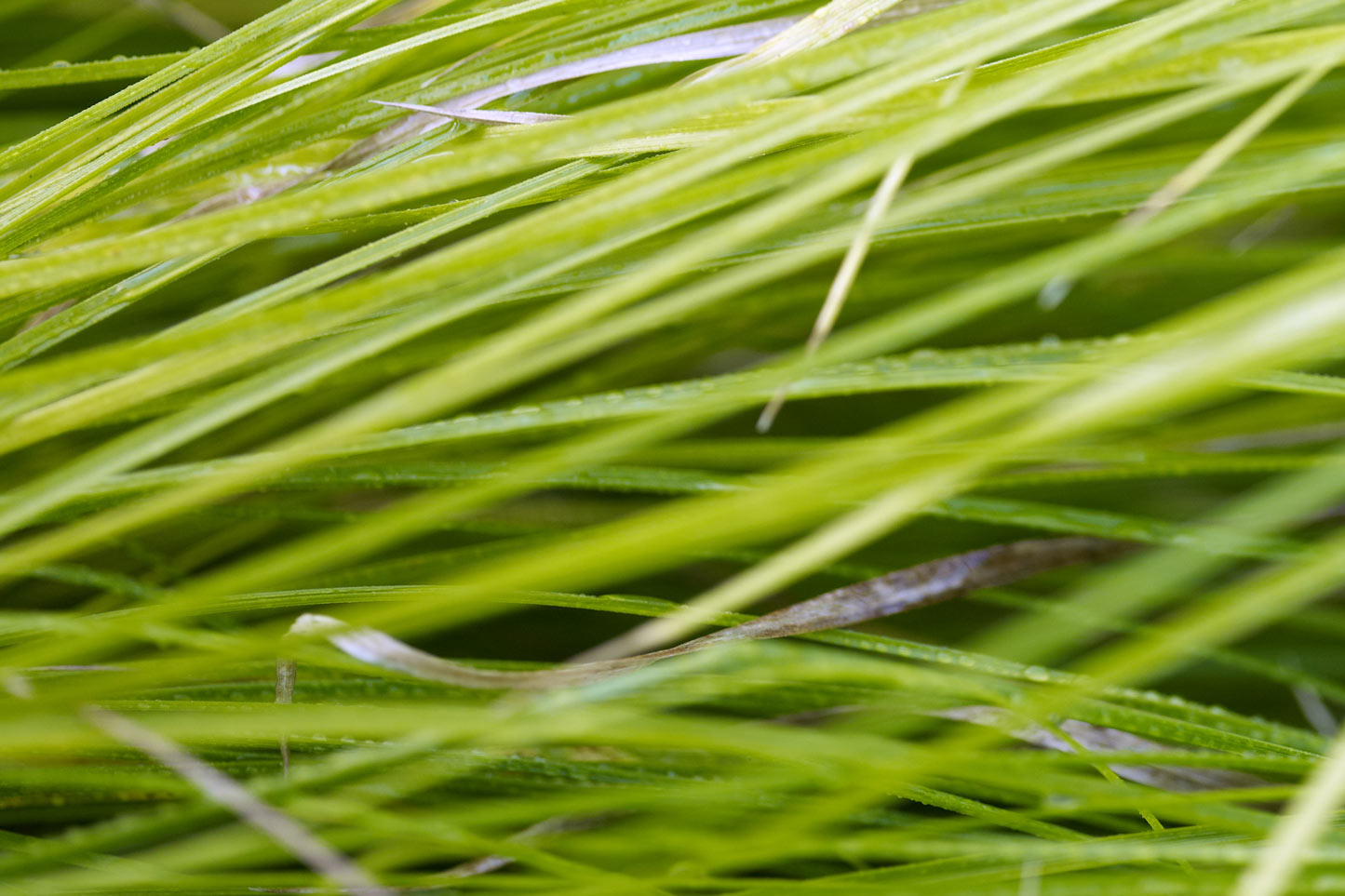Shanghai implements ban on single-use plastic products
On 01.01.2021, the new policy of banning plastic use has come into force in Shanghai City. Disposable plastic bags, whether degradable or not, will not be available in shopping malls, supermarkets, pharmacies and bookstores. Many stores and restaurants have started to use paper bags for food delivery to adjust to the new policy.
At the same time, the ban on plastic bags has been in effect in Austria since a year. The Institute “Materials” of is making effort to apply biodegradable materials.



